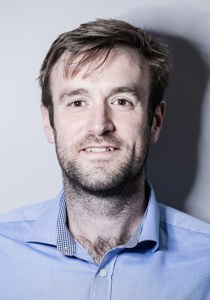
Tom Whipple
The Times
Throughout the covid pandemic, we found readers preferred explanatory journalism to going for easy hits. As a science journalist I could have done a different story every day on why lockdowns were wrong or lockdowns were right, on why masks didn’t work or masks were a panacea. Our readers aren’t idiots though; they quickly see through the fallacy of the easy answer. My long essay on how pandemics end - with a whimper, not a bang - investigated what post-covid life would look like and, most importantly for many, when it would come. I think it has held up better than many of the more sensational news stories we could have done, predicting the end dates or herd immunity that never came to pass. Written in the darkest winter, with many of our deaths yet to come, it did not claim there would be a "VE Day for covid" - even if many readers yearned for it. Instead, the scientists I spoke to argued, after the arrival of mass home testing and another hard winter, one day we would wake up and realise that covid was no longer dominating our thoughts. Perhaps the spring after omicron was indeed that moment. When that moment came, what would we do with what we had created? There was much that was wrong with Britain’s pandemic response. Our surveillance system, though, was the best in the world. Created ad hoc by different groups of scientists and public health officials, it represented ingenuity and great initiative. Before much of it was dismantled I explored what it was, how it helped the global response, and what its legacy might be. Finally, I turned to a different catastrophe: climate change. Amid the opaque negotiations and even more opaque acronyms, Cop26 could seem depressing. I wrote a comment piece explaining that indeed it was depressing - the sausage factory of diplomacy is like that. But, when viewed over the past two decades, its achievements are also quietly inspirational. There is hope.